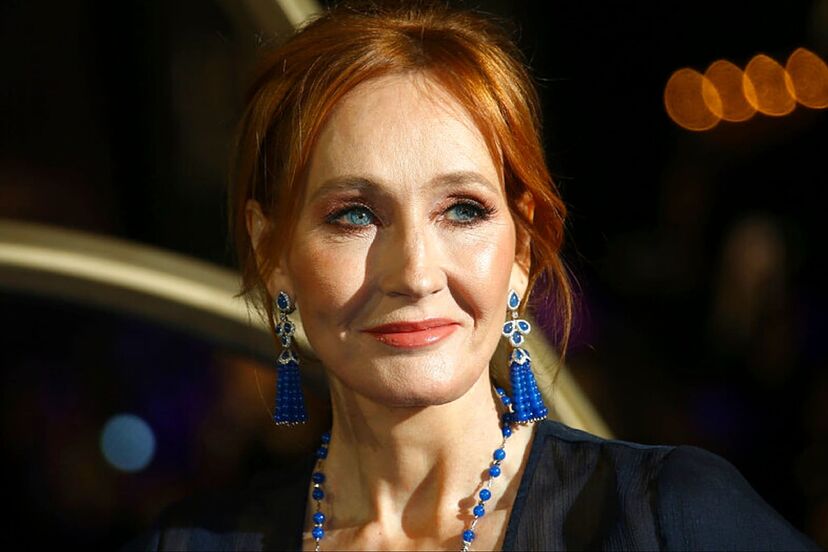October 13, 2025
The Legal Storm Behind Keira Knightley’s Harry Potter Controversy

How one casting decision exposed the uneasy fault line between artistic freedom, the Equality Act, and the new era of reputational risk.
When Keira Knightley apologized for not realizing that many fans were boycotting Harry Potter over J.K. Rowling’s gender-critical views, she probably didn’t expect her words to ignite a national debate on law, morality, and speech. But her involvement in Harry Potter: The Full-Cast Audio Editions has placed her squarely at the center of the UK’s most volatile legal and cultural clash, where the right to free expression collides with equality law, employment duties, and the politics of identity.
The Legal Storm Beneath the Apology
Knightley’s apology came in the shadow of the UK Supreme Court’s 2025 decision confirming that the terms “woman” and “sex” in the Equality Act 2010 mean biological sex. The ruling effectively allows certain single-sex exclusions if they’re “proportionate” while keeping gender-reassignment protections intact - a dual system that leaves employers and producers to navigate one of the trickiest balancing acts in modern law.
For creative industries, that means casting, contracting, and public communication now carry not only ethical weight but measurable legal risk. Studios and publishers must show that workplace and marketing choices respect inclusion principles, or risk claims under the Act.
Contracts, Morality Clauses and Reputation Management
Knightley’s situation underscores how quickly cultural perception becomes a legal consideration. Most major streaming and publishing contracts now include morality clauses that let companies withdraw from deals if a participant’s conduct causes reputational harm. While such clauses are civil, not criminal, they increasingly intersect with equality obligations and brand-safety rules leaving artists accountable for both intent and association.
Entertainment lawyers note that the “reputational economy” now acts as a soft regulator, shaping who gets hired and what speech remains commercially viable. For actors, that translates into an unspoken legal duty of caution when accepting work tied to polarizing figures.
Free Speech, Belief and Inclusion
J.K. Rowling continues to defend her gender-critical stance as an exercise of lawful belief and expression. UK legislation protects such views under the Human Rights Act and the Equality Act’s “philosophical belief” category, so long as they don’t incite hatred or harassment. Yet, businesses linked to her work, including Audible and Pottermore, must simultaneously uphold equality and anti-discrimination commitments.
The legal friction between these parallel duties has become a defining feature of post-2025 employment law. The Knightley - Rowling controversy is far more than a fleeting celebrity disagreement, it has become a live demonstration of how cultural influence now operates within the boundaries of statute and case law.
The UK Supreme Court’s clarification of biological sex under the Equality Act 2010 has not only reshaped legal definitions but has also begun to influence the commercial logic of the creative industries. When moral perception becomes inseparable from contractual performance, every casting choice or partnership carries an implicit legal dimension.
Even long-time supporters of J.K. Rowling, such as Stephen Fry, have publicly distanced themselves from her recent positions, underscoring how reputational management increasingly merges with legal compliance. What once might have been dismissed as a matter of public relations is now a potential compliance issue bound up in equality obligations, belief protections, and employer liability.
Each decision to collaborate, decline, or apologize functions as a miniature legal audit of risk, intent, and proportionality, revealing how the entertainment world has become an unexpected testing ground for Britain’s evolving equality jurisprudence.